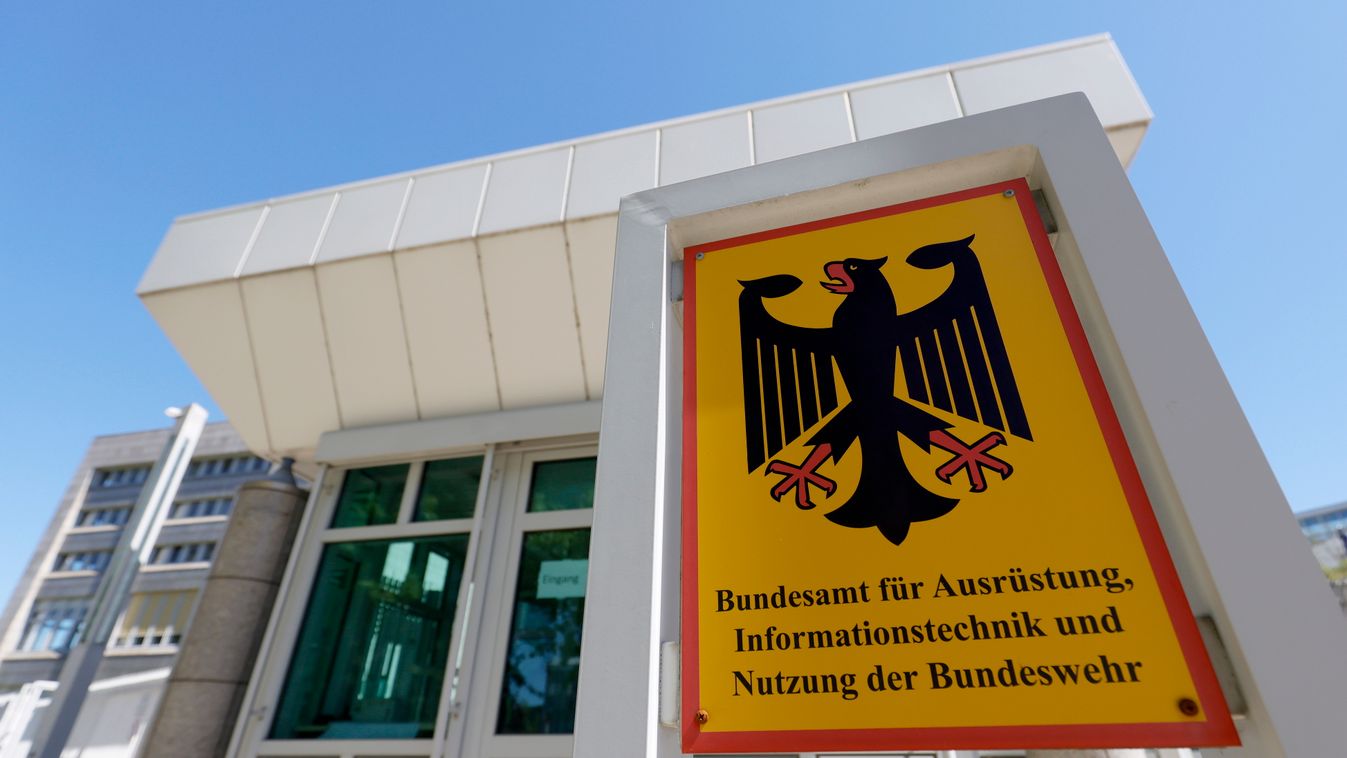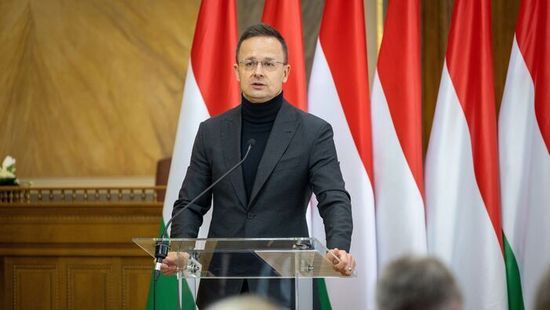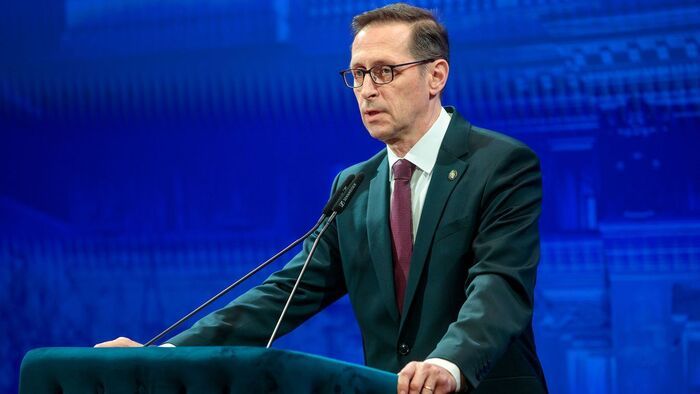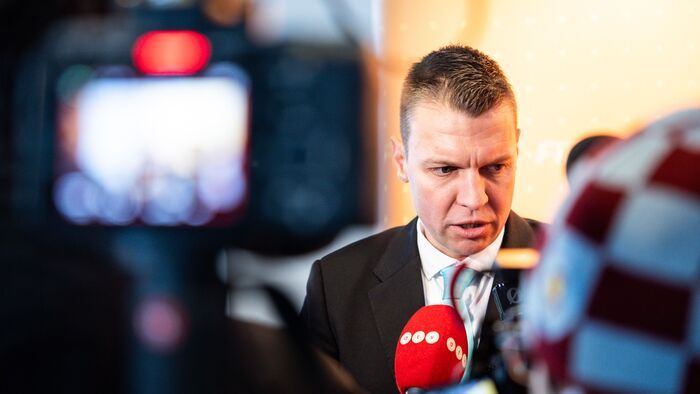Contrary to earlier plans, Germany's federal government does not want to commit itself by law to spending at least two per cent of the country's economic output on defense purposes each year, even though this would be mandatory for all members of the military alliance. A corresponding amendment to the NATO quota was quickly removed from the draft budget financing bill, as V4NA pointed out, citing information gathered by Reuters and the Süddeutsche Zeitung newspaper.
This means that the current rules, under which the NATO quota can also be met as an average percentage during a span of five years, will remain in force.
Chancellor Olaf Scholz explained the apparent loophole by saying that in some years the government will spend more money on defense and less in certain others, but in the end the amounts will – as promised – even out. Meanwhile, the cabinet has also tabled the budget financing bill on Wednesday morning, which mainly calls for savings to meet the debt brake in the 2024 budget year. In other words, Germany is struggling to the extent that it no longer has sufficient funds to cover its defense expenditures.
The deplorable state of Germany's armed forces has already been highlighted by V4NA in several articles. Fewer and fewer people want to enlist in the German defense forces. The Bundeswehr's months-long stagnation is getting worse as time goes on. From January to the end of May 2023, just over 23 000 people have applied to join. Compared to the same period last year, this represents a drop of around seven percent.
In 2019, there were still just under 30,000 applicants between January and the end of May.
This means that the Bundeswehr is in danger of falling far short of its own goals. Currently, the army has 180,770 serving citizens, which is the lowest level since October 2018. The army wants to expand significantly – also in view of the Ukraine war. The Bundeswehr should have 203,000 members by 2031. However, with fewer new recruits applying for jobs than completing their service, the force is currently shrinking.
As the number of applications dwindles, the army may be forced to become more lenient on certain criteria, such as physical fitness, which could contribute to a significant deterioration in the quality of soldiers. The faltering of Germany's defense capabilities is nothing new, as the phenomenon dates back many years. For months, German Defense Minister Boris Pistorius has been saying that he does not expect the army's equipment and military shortcomings to disappear any time soon.























Szóljon hozzá!
Jelenleg csak a hozzászólások egy kis részét látja. Hozzászóláshoz és a további kommentek megtekintéséhez lépjen be, vagy regisztráljon!